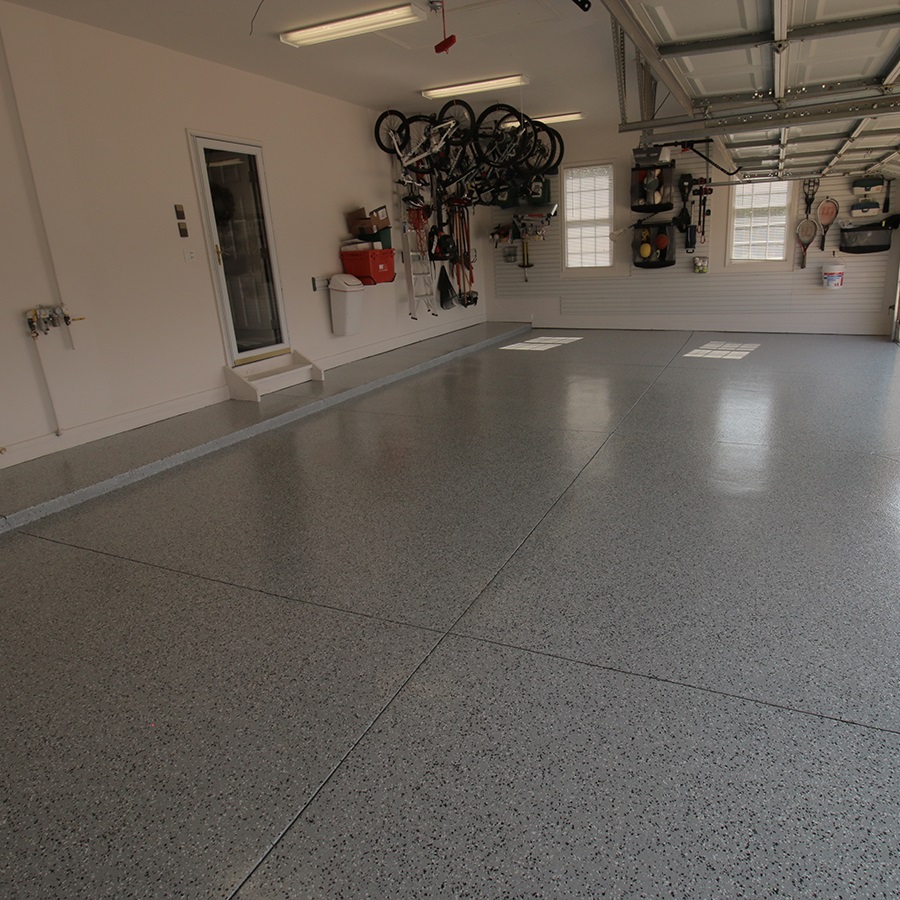Chances are that you probably do not give a lot of thought to the flooring that you walk over. You may have some passing thoughts if the flooring is in particularly bad shape or is noticeably clean and sleek, but aside from this, most people don’t have to think about the floors they cross over — that is, until they have to install flooring in their own building.
When faced with as many different types of floors as there are, it is easy to feel overwhelmed. With this in mind, if you have a building that makes use of heavy foot traffic or vehicle use and you need to prioritise low upkeep and durability above other features, you may want to consider epoxy flooring.
What Are the Benefits of Epoxy Flooring?
Epoxy flooring is made from coating a surface with at least two millimetres of epoxy, enhancing the durability and keeping the floor easy to maintain in heavy-traffic environments. As the epoxy floor installers in Adelaide will help you understand, there are a lot of benefits that come with epoxy flooring, with most of them benefitting commercial buildings. Epoxy floors can be installed in residential homes too.
Some of the most notable advantages include its durability, ease of maintenance, and its resistance. A high-quality epoxy floor is going to be resistant to most chemicals, especially solvents and acids, which is important to consider in environments where this is a risk.
They are also a common solution for warehouses that see considerable forklift use, workshop machinery, and industrial production, as they are highly robust. And finally, the nature of epoxy floors means that they are incredibly easy to maintain, as they are naturally liquid-tight, seamless, and usually just need a quick sweep to remove debris from, making them suitable for fast-paced environments where you may not have time to do a deep cleanse.
Where Do They Fit Best?
If you find that epoxy floors sound as if they would benefit your building, you will want to make sure that you are utilising the floor as much as you can. What this means for you is that you should make sure that when you get this type of flooring installed, it is installed in an environment where all of the benefits are amplified and the disadvantages do not affect your building.
In both commercial and residential situations, epoxy floors are most commonly used as garage flooring, kitchen flooring, restaurant flooring, basement flooring, lobby flooring, retail flooring, and as the flooring for a warehouse. These are all highly suitable for epoxy flooring given that these are places that see heavy traffic and/or vehicle use, need to be resistant to staining or chemical spills, and are almost effortless to keep maintained.

